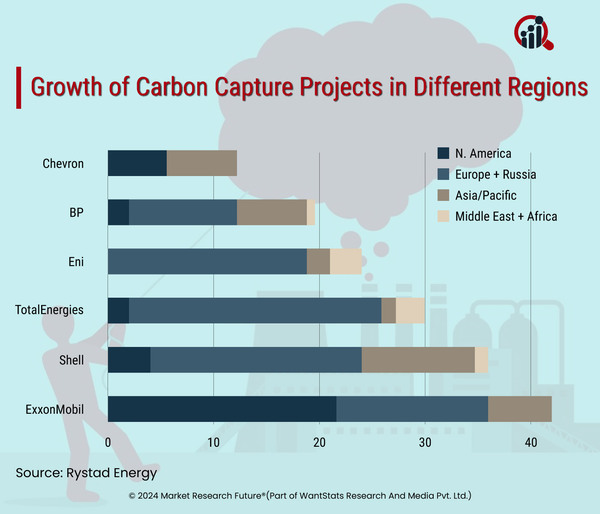Carbon Capture Technologies Can Extend Fossil Fuel Usage in the Environment
Extend Fossil Fuel Usage in the Environment Using Carbon Capture Technologies
Carbon emissions are an essential reason behind the slow pace of clean energy transition. Greenhouse gas emissions hinder the pathway of green transformation. Hence, researchers choose carbon capture technology in 2024 to reduce carbon emissions by storing it in the oil reservoirs. However, new research in 2024 suggests that carbon capture technology is a waste of time.
Experts claim that oil wells are getting benefits from the adoption of carbon capture technologies. Due to the growing affinity towards reducing emissions from the environment, carbon capture technologies are considered significant. At first, researchers said that carbon capture would help store the carbon in the oil reservoirs. Thus, it will eventually reduce the environmental emissions rate and increase the potentiality of oil reservoirs. However, recent research on carbon capture technology speaks differently. Experts claim that the carbon capture technique is elongating the operational life of oil wells. Carbon capture techniques assist oil reservoirs in remaining active in the energy market. Hence, it will lead to the usage of fossil fuels. Even if the energy market focuses on the clean energy transition, the carbon capture technique keeps the hope alive for fossil fuels. It is because fossil fuels are easier to get and use.
In contrast, renewable sources of energy require time to get along. Anything that comes in handy quickly, the market strives for it. Hence, carbon capture technology's usage can increase fossil fuel usage similarly.
Research shows again that public funds will support carbon capture technology projects in 2024. Thus, financial stability may lead to an increase in carbon capture projects. Hence, it may create more issues in the energy market that will affect the environmental system. Moreover, researchers state that carbon capture will delay the cutback on fossil fuels to attain clean energy transformation. Therefore, experts have allegations about the carbon capture technique and claim it will increase oil production for the next 90 years. Consequently, it will hamper the transition to clean energy.






